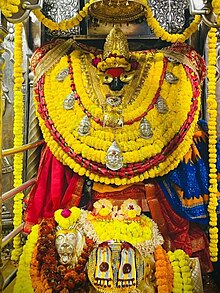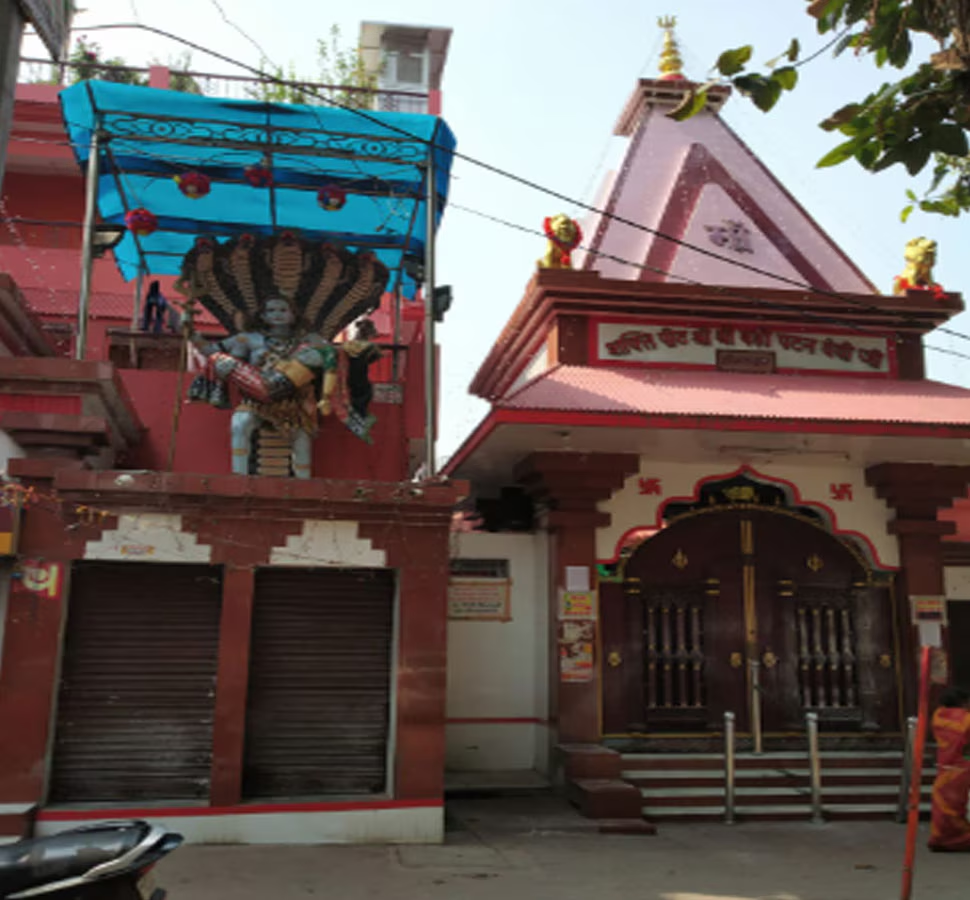Divine Figures: The Significance of Deities in Hindu Worship
[ad_1]
Hinduism, one of the oldest religions in the world, is characterized by its rich tapestry of beliefs, rituals, and philosophical ideas. At the heart of Hindu worship lies the reverence of deities, divine figures that embody various aspects of existence, nature, and the cosmos. These deities serve not only as objects of devotion but also as embodiments of moral and ethical values, cultural identity, and the complexities of life itself.
The Pantheon of Deities
Hinduism features a vast pantheon, comprising millions of gods and goddesses. Among the most prominent are the Trimurti: Brahma the creator, Vishnu the preserver, and Shiva the destroyer. Each of these deities represents a crucial aspect of the cosmic cycle of creation, preservation, and destruction. Together, they symbolize the interconnectedness of life and the universal laws governing existence.
In addition to the Trimurti, devotees venerate numerous other deities, each with distinct attributes and responsibilities. For instance, Lakshmi embodies wealth and prosperity, Saraswati represents knowledge and wisdom, and Durga symbolizes strength and protection. These deities not only cater to different human desires and aspirations but also provide devotees with pathways to connect with the divine.
Symbolic and Ideological Roles
The significance of deities in Hindu worship extends beyond mere representations of personalities. Each deity carries deep symbolic meanings, often associated with specific virtues or life stages. For example, the goddess Kali, often depicted as fierce and formidable, represents the chaotic aspects of transformation and the overcoming of ignorance. This duality in divine representation allows for a nuanced understanding of human experiences and the acceptance of both light and dark within the spiritual journey.
Moreover, deities serve as vehicles for conveying moral and ethical teachings. Many Hindu narratives and legends revolve around the exploits and lessons of the gods, which are designed to instill values such as dharma (righteousness), karma (action and consequence), and ahimsa (non-violence). The stories associated with deities, from the epics like the Ramayana and Mahabharata, exemplify how divine figures can guide adherents in navigating the complexities of life.
Rituals and Devotional Practices
Hindu worship, or puja, reflects the significance of deities through a variety of ritualistic practices aimed at establishing a personal connection with the divine. Rituals may include offerings of flowers, fruits, and incense, as well as chanting mantras and prayers designed to invoke the deity’s presence. Such practices create a sacred atmosphere and foster a sense of community and belonging among worshippers.
Different traditions within Hinduism often focus on particular deities, leading to the formation of sects. For instance, Vaishnavism centers on the worship of Vishnu and his avatars, while Shaivism prioritizes Shiva. The devotion to a specific deity, known as bhakti, emphasizes personal love and devotion, encouraging worshippers to see the divine in their everyday lives. This personal relationship transforms the act of worship into a profound experience of grace and connection.
Festivals and Celebrations
Deities play a pivotal role in the vibrant array of Hindu festivals that punctuate the calendar year. Celebrations such as Diwali, Navaratri, and Holi are steeped in the themes and legends associated with various gods and goddesses. These festivals not only enhance communal bonds but also provide opportunities to reflect on spiritual teachings and express collective joy.
For instance, Diwali, the Festival of Lights, celebrates the victory of Lord Rama over the demon king Ravana and the return of light after darkness, symbolizing hope and renewal. Similarly, Navaratri honors the goddess Durga and her triumph over evil, reinforcing themes of courage and resilience. Such celebrations reaffirm the central role of deities in guiding and inspiring their devotees.
Conclusion
In Hinduism, divine figures are much more than mere symbols; they are integral to the spiritual fabric of the religion, shaping its beliefs, practices, and cultural identity. Through their multifaceted roles, deities provide guidance, inspire devotion, and offer a means for individuals to seek connection with the universe. The significance of these divine figures transcends the confines of temple walls, echoing through the hearts of millions who find solace and strength in their worship. As humanity navigates the complexities of existence, the deities of Hinduism remind us of the enduring power of faith, devotion, and the quest for a deeper understanding of life and the cosmos.
[ad_2]









